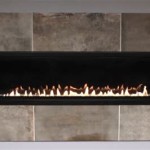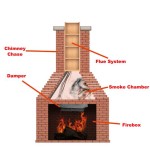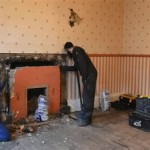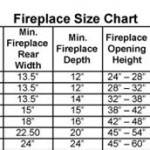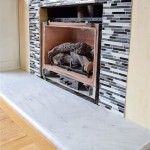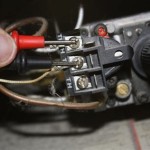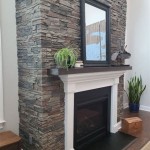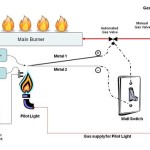Installing a Gas Fireplace: A Comprehensive Guide
A gas fireplace offers a convenient and efficient way to add warmth and ambiance to your home. Installing one, however, requires careful planning and execution. This comprehensive guide will outline the essential steps involved in installing a gas fireplace, providing insights to ensure a smooth and successful process.
Step 1: Planning and Preparation
Before embarking on the installation, it is crucial to meticulously plan and prepare. Consider factors like the desired location, the type of gas fireplace, and the necessary permits. Consult with your local building department regarding any specific regulations or requirements for gas fireplace installations in your area. Obtain the necessary permits before starting the project to avoid any legal complications.
Choosing the right location is paramount. Ensure that the chosen area has adequate ventilation, proper access for installation and maintenance, and a suitable gas supply line. If necessary, consider hiring a qualified gas fitter to assess the existing gas line and ensure it meets the required standards for your new fireplace. Additionally, evaluate the size and style of the fireplace to ensure it harmonizes with your home's aesthetic.
Step 2: Installation Process
The installation process typically involves several key steps:
- Framing and Firebox Installation: Construct the framing for the fireplace using fire-rated materials such as drywall or cement board, ensuring proper clearance around the firebox. Install the firebox securely, following the manufacturer's instructions.
- Gas Line Connection: Connect the gas line to the firebox using appropriate fittings and materials. Ensure the line is properly sealed and secured. A licensed gas fitter should handle this step to ensure safety and compliance with local regulations.
- Venting: Install the venting system connecting the firebox to the exterior of your home. This is crucial for proper combustion and safe exhaust of gases. Choose the appropriate venting system based on the fireplace model and your local building codes.
- Finishing Touches: Once the fireplace is installed and operational, focus on finishing touches. This includes adding decorative elements such as a mantel, surround, and hearth. Customize the fireplace to complement the overall design of your room.
Step 3: Safety and Maintenance
Gas fireplaces are generally safe when installed and maintained correctly. However, regular inspections and preventative measures are essential. Always follow the manufacturer's instructions for operation and maintenance. Regularly clean the fireplace, checking for debris or blockages in the vent or firebox. Ensure the pilot light is functioning correctly and that the gas line is free from leaks.
Before using the fireplace for the first time, it is essential to have a qualified technician inspect the installation and ensure it meets safety standards. This inspection confirms the proper installation of the gas line, venting system, and other components. It also ensures that the fireplace operates efficiently and safely.
Investing in a gas fireplace can enhance your home's comfort and ambiance. By understanding the planning, installation, and maintenance aspects outlined in this guide, you can ensure a smooth and successful installation that allows you to enjoy the benefits of your new fireplace for years to come.

Convert To Gas Installing Fireplace Inserts Doctor Flue
How To Install Gas Fireplace Insert Heat Glo

How To Install A Fireplace Insert Diy Save Money

If You Have A Gas Fireplace It May Or Not Chimney Flue

How To Install A Gas Fireplace Corner Insert

Fireplace Installations Near Dc Chimney Experts

7 Benefits Of Installing A Gas Fireplace Low Maintenance Much More
How To Install Gas Fireplace Insert Heat Glo

Efficient Prefab Gas Fireplaces Fireplace Showroom In Tilton Nh

Gas Fireplace Installation Can I Do It Myself
Related Posts

